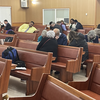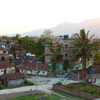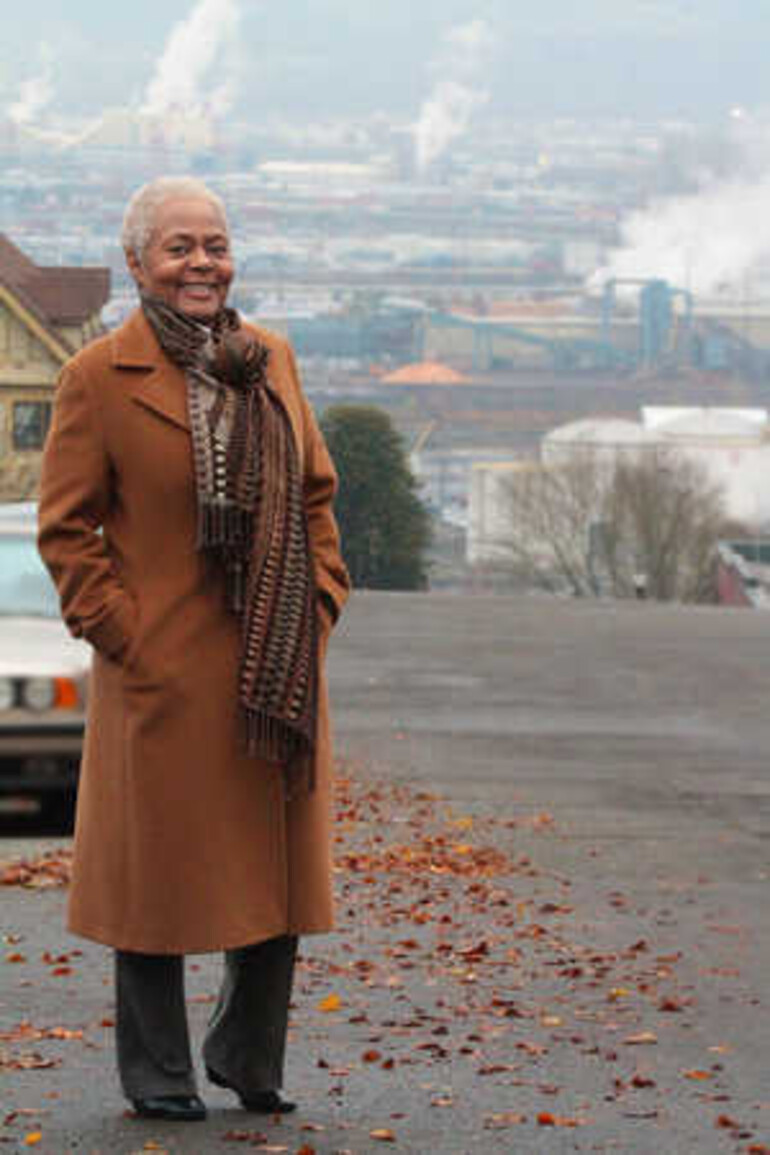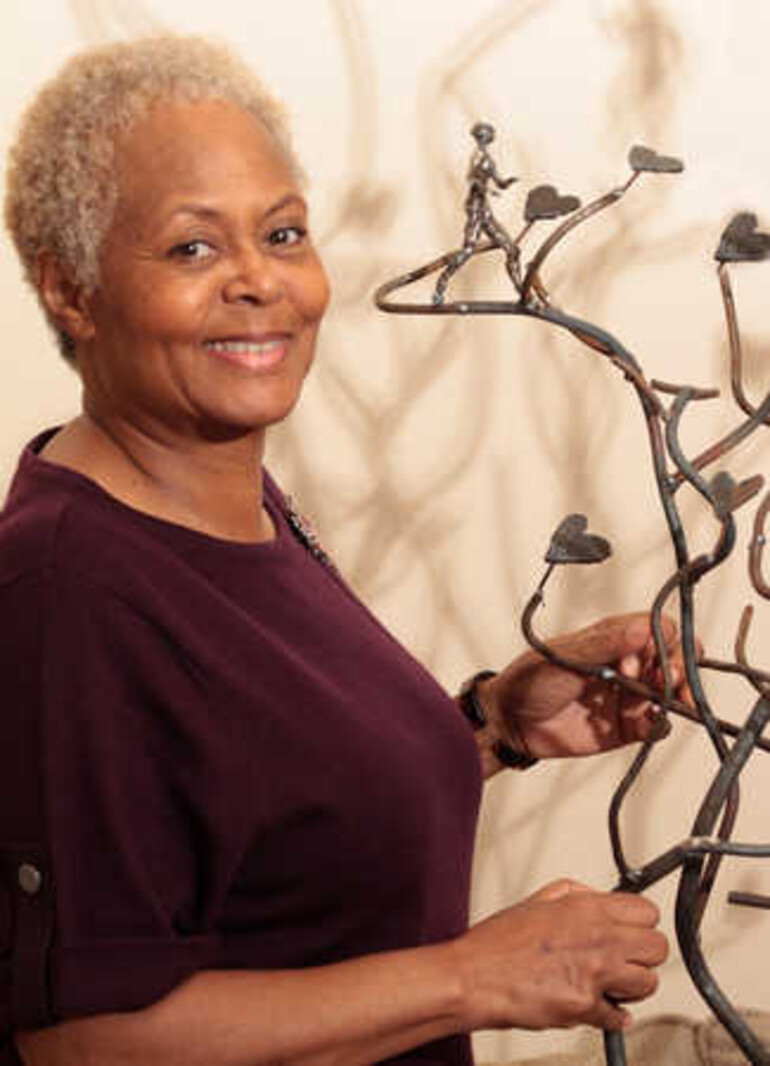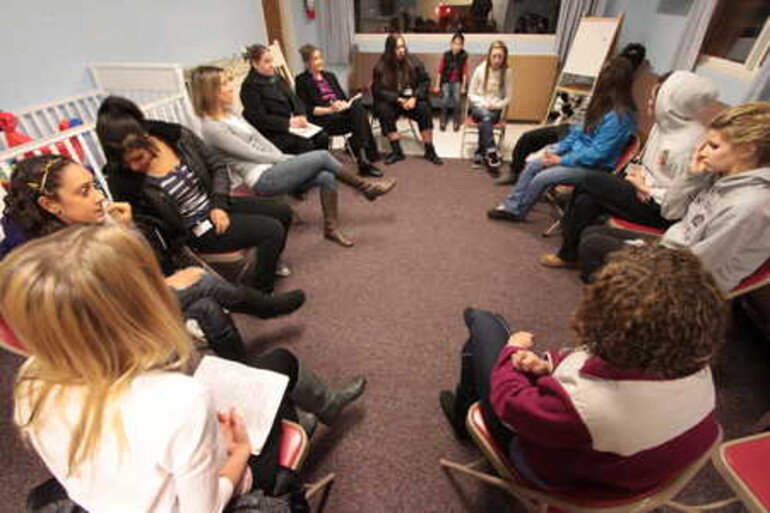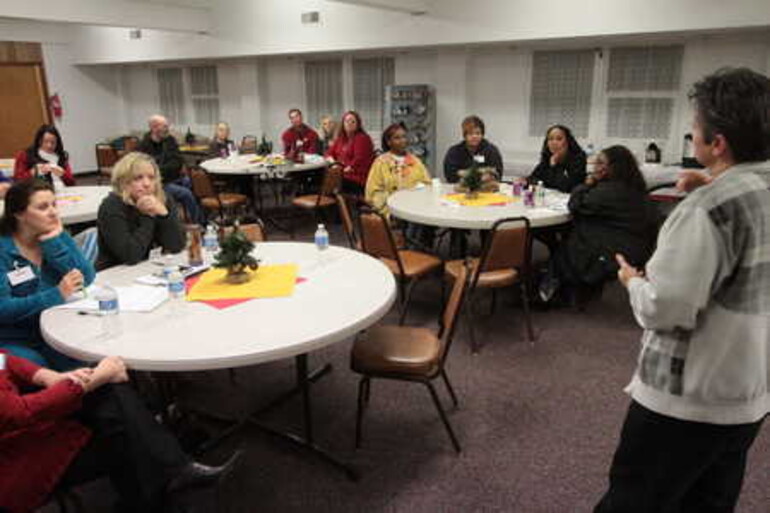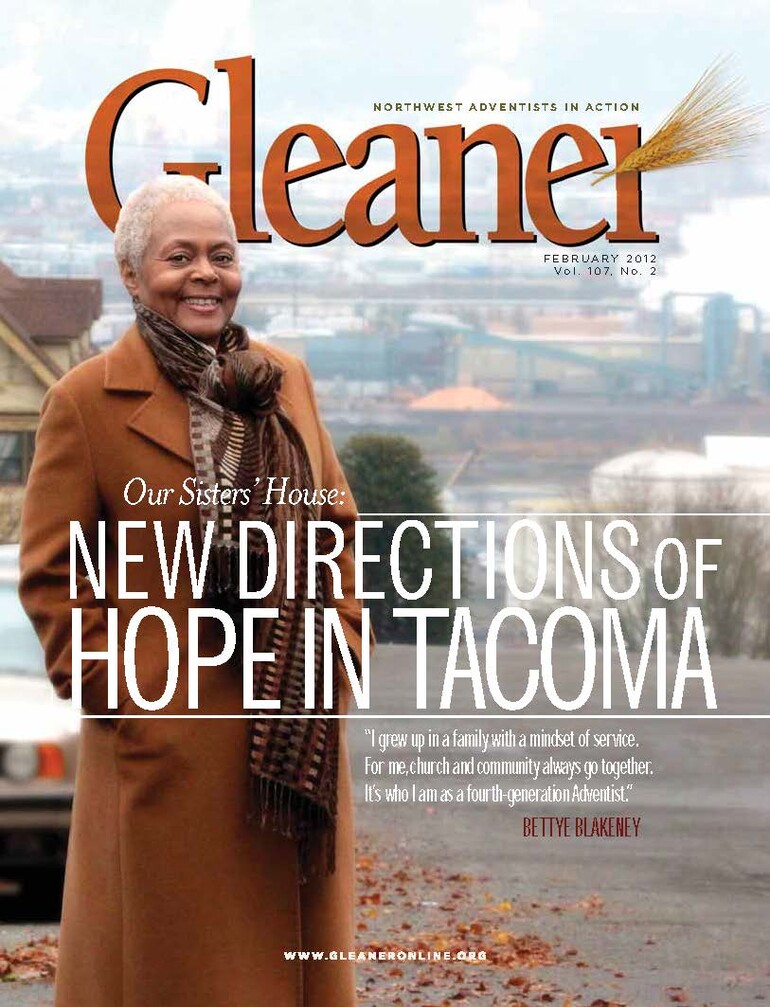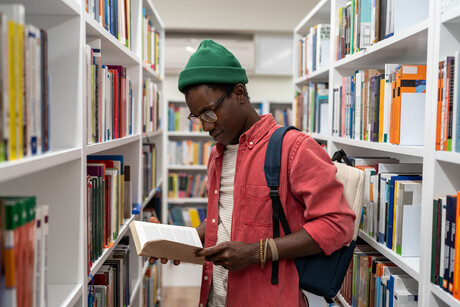Some people retire with visions of sandy shores and days of leisure. Bettye Blakeney's eyes were on a different target.
Blakeney had taught nursing students for years, when she decided to retire — "while they still liked me," she says with a smile. But rather than stepping away from challenge, this long-time member of the Mount Tahoma Church in Tacoma, Washington, stepped even further into the fray.
Along with her sister-in-law, Sharon Manier, she had observed the needs of girls in trouble. Those who became incarcerated and then released were often thrust back into society unprepared to follow a different course than that which got them into prison in the first place. Manier had also recently retired from American Airlines. Together, Blakeney and Manier decided to establish a home as a place of transition where girls could learns lessons of etiquette and responsibility before moving back into the community on their own.
With the help of a friend, they purchased a home in Tacoma and began Our Sisters' House in 1995, initially working with runaways. Monier, who now serves as executive director, and Blakeney, now assistant director, remember their initial naiveté with wry humor. "We were going to dress 'em up and make them all pretty," Blakeney chuckles.
But soon they realized the real work lay on a much deeper, more fundamental level. One of their first girls had already been in and out of more than 30 homes — running away each time. "She ran away from us too," says Blakeney. "But we always went after her and brought her back." In many cases their hard work paid off, including a 10-year-old girl who, through the help of Our Sisters' House, went back to school, eventually married and became a positive part of her community.
A Broader Horizon
After a couple of years, Our Sisters' House expanded its focus to work primarily with girls ages 16–18 who were transitioning from the prison system. They established three important ground rules: The girls had to 1) go back to school; 2) become employed at a part-time job; and 3) do some sort of regular community service. The average stay for each girl was between six and eight months.
Between 1998 and 2003, Our Sisters' House helped transition more than 300 girls to successful lives beyond prison walls. Blakeney's daughter, Kelli Robinson, joined the staff in 1999 as a program specialist and development director.
The mission was growing too. In working with teen girls, they had discovered patterns of sexual and physical abuse. Demand for domestic violence services for women of color had increased so dramatically in the previous decade that, in 2004, the Our Sisters' House board decided to eliminate the group home and focus entirely on support services to domestic violence victims.
Our Sisters' House now provides services for four unique programs, in partnership with city and county agencies.
Confronting Domestic Violence
In collaboration with Tacoma's Crystal Judson Family Justice Center, Our Sisters' House provides two victim advocates who help serve approximately 500 women each year. They give domestic violence advocacy, provide funding assistance for some who need relocation and present domestic violence training to police officers.
New Directions Project
Funded by the City of Tacoma, local foundations and corporations, Our Sisters' House provides facilitation for this ongoing family violence prevention program. Families meet once a week with a curriculum that focuses on anger management, conflict resolution, effective communication and family management.
DSHS Family Advocacy
A contract with the Washington State Department of Social and Health Services (DSHS) funds two paid advocates from Our Sisters' House to help domestic violence victims receive safety planning and support in becoming self-sufficient.
Stepping Stones
Our Sisters' House uses this eight-week series of evening sessions to help families increase parenting skills, address the needs of both the non-offending parent and children, and decrease the effects of post-violence stress.
All of these efforts are dependent upon proper staffing and, of course, funding. Our Sisters' House employs 10 full-time and four part-time staff members, in addition to four volunteers and three interns working in the various programs. Robinson spends her time each day writing grants and seeking the essential funds for the all-important, ongoing support. Past and current efforts have been underwritten by such diverse sources as Pierce County, the City of Tacoma and the Gates Foundation. Even the Northwest Muckleshoot, Tulalip, Quinault, and Puyallup tribes provide an annual subsidy for these services.
The proof is, as they say, in the pudding. Parents and teens involved in the evening New Directions sessions express excitement and gratitude for the growth underway. One parent says, "The parents come into this program thinking it's the children who need to be fixed. I teach adults all the time about problem solving and listening skills, and it was a rude awakening that I wasn't using those same skills at home. After the first session, I told the facilitator that she gave me my son back."
Another mother says, "You're not preaching to us. You're with us, and I like that."
The needs are growing each year. Robinson says they have seen an overall deterioration in family health. "Where there was mischief before, now we're seeing violence. And parents are scared of their own kids." When she submits a grant request, it is with a very clear picture of what's at stake. "When we get them, they're at the bottom," she says. "But it is so rewarding to see them gain personal victories along the road to a more healthy and productive life."
Susan Adams, Crystal Judson Family Justice Center director, sees Our Sisters' House as a critical partner on this upward road. "They are right there on our frontlines, the most fantastic advocates for those who come for help," she says. "They've been our partners since the very beginning."
Roland Bautista, who supervises the Pierce County domestic violence unit, agrees. "We work right alongside of each other, with one common goal in mind — to give people with little hope a vision of what could be and how to get there."
Some days, Blakeney, Manier and Robinson look up and ask, "Lord, where are we going to get the resources to help all these people?" Our Sisters' House has made significant inroads because of the community partnerships they have developed. But the bottom line rests in a solid faith that they are ultimately doing the Lord's work.
"This is not an option for me," Blakeney says. "I grew up in a family with a mindset of service. For me, church and community always go together. It's who I am as a fourth-generation Adventist." Our Sisters' House — Sisters Helping Sisters — is an outgrowth of this philosophy. It effectively answers the dilemma of James 2:15–16: "If a brother or sister is naked and destitute of daily food, and one of you says to them, 'Depart in peace, be warmed and filled,' but you do not give them the things which are needed for the body, what does it profit?"
In the end, what is given often returns as a blessing. Blakeney muses: "The experiences I've had while providing these services to our community have equipped me to face challenges in my personal life with confidence, knowing that the Lord is in charge and He always provides a way."
Our Sisters' House is a daily investment in the currency of hope for so many in Tacoma and beyond. Bettye Blakeney, Sharon Monier and Kelli Robinson are fully invested and examples to us all that true Christianity, true Adventism, is best expressed out in the communities we serve.
